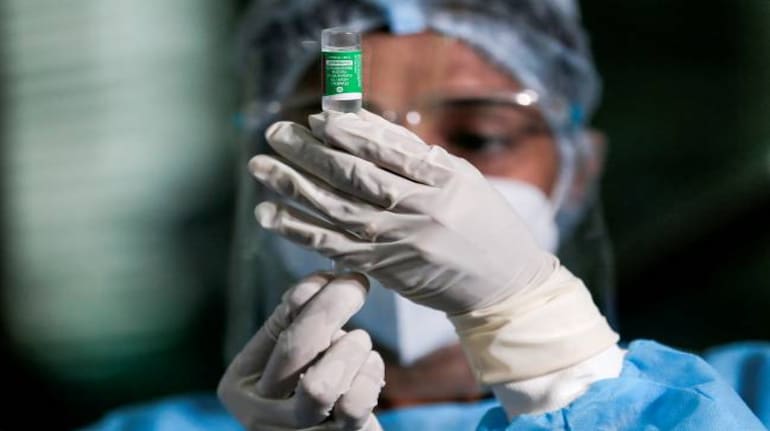



India has the highest number of under-vaccinated or unvaccinated children worldwide at 3.5 million, an increase of 1.4 million from 2019, amid the COVID-19 pandemic outbreak, the UNICEF said.
It also noted that over 3 million of “zero-dose children” in 2020 lived in India.
At nearly 4.4 million, South Asia recorded the highest number of children having failed to receive any routine vaccination in the past ten years, in 2020.
"More than 3 million of these 'zero-dose children' in 2020 lived in India," the United Nations Children’s Emergency Fund,(UNICEF) said in a statement.
Globally, the UNICEF said the data shows that just 10 countries account for 62 percent of all under- or unvaccinated children globally.
“India - particularly hard hit by the COVID-19 pandemic - had the highest number of unprotected children worldwide at 3.5 million, an increase of 1.4 million compared with 2019, when the number of unprotected children was 2.1 million,” the children's body said.
Follow our LIVE blog for latest updates of the novel coronavirus pandemic
Unprotected children are those who are unvaccinated (no vaccine) or under-vaccinated (incomplete vaccination), that is, any child who has not received any or few doses of their due vaccination.
Pakistan had 1.3 million unprotected children in 2020, an increase of 0.4 million, the statement said.
"…. Most of these children did not receive a single vaccine during the year, an indication that the most vulnerable, hard-to-reach children are paying the steepest price for pandemic-related disruptions to vaccine access," the statement said.
Noting that the majority of countries in South Asia experienced drops in childhood vaccination rates, the UNICEF said the rates for diphtheria-tetanus-pertussis (DTP3) vaccine reduced by 9 percent points in Nepal; 7 percent points in Pakistan; 6 percent points in India; 3 percent points in Sri Lanka; and 2 percent points in Bhutan and Afghanistan.
"However, robust recovery efforts mounted in many countries towards the end of the year helped to blunt the impacts of overall declines. In India, for example, vaccination drives in remote areas are helping to reach missed children," the statement said.
Yasumasa Kimura, Officer-in-Charge and Deputy Representative programmes, UNICEF India said, “While the health systems are strained by the COVID-19 response, we must be cautious in our fight against the pandemic so as not to interfere with decades of gains against other preventable diseases. We cannot afford to lose out on routine immunisation and letting vaccine-preventable diseases endanger children's health.”
“UNICEF is partnering with the Government of India to support continuity of essential health and immunisation services through planning, implementation, and monitoring of various strategies to identify and vaccinate missed children. We also support generating awareness and confidence among communities to vaccinate their children and strengthening the cold chain for routine immunisation,” he said.
Follow our full coverage of the coronavirus pandemic here.
Discover the latest Business News, Sensex, and Nifty updates. Obtain Personal Finance insights, tax queries, and expert opinions on Moneycontrol or download the Moneycontrol App to stay updated!
Find the best of Al News in one place, specially curated for you every weekend.
Stay on top of the latest tech trends and biggest startup news.